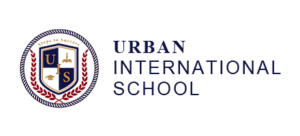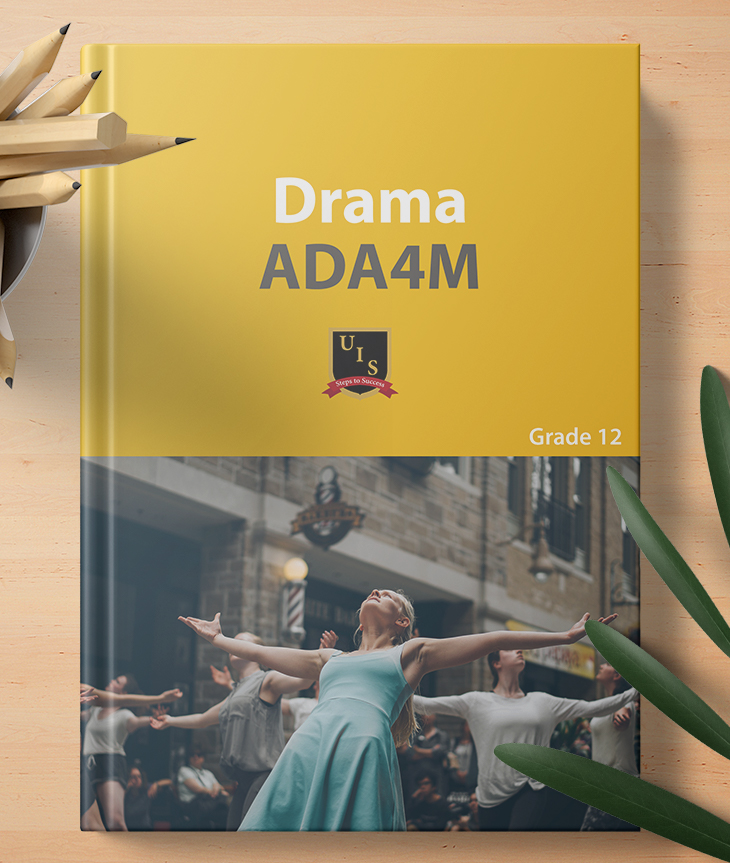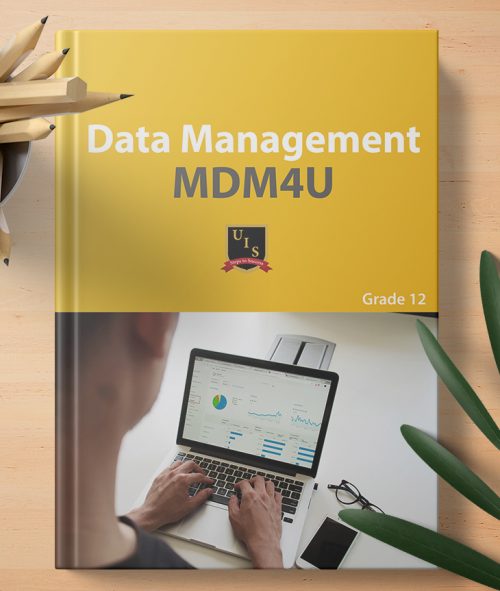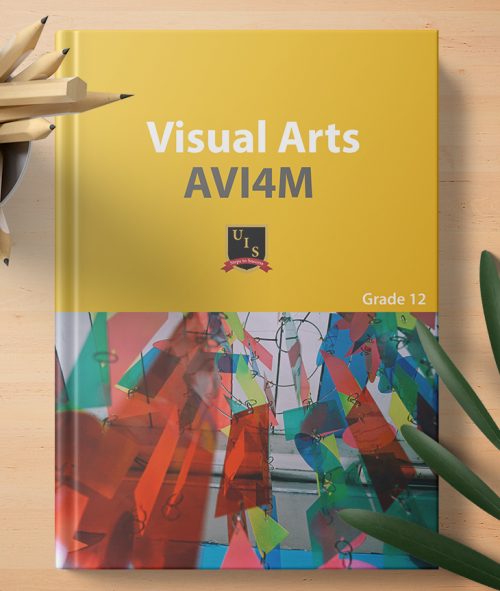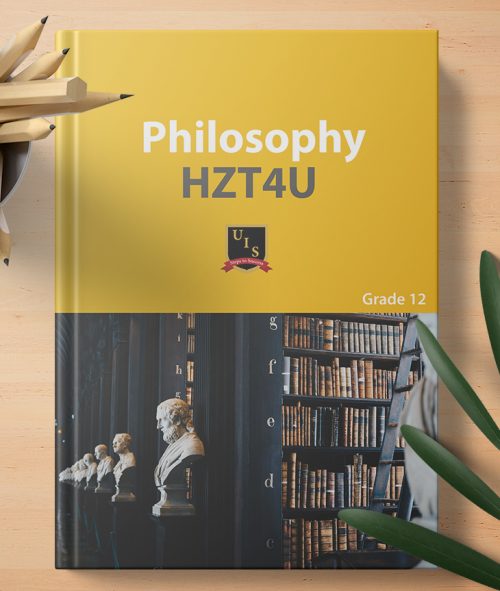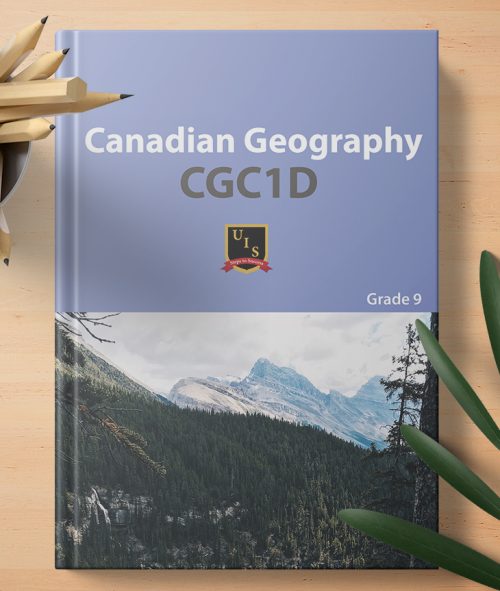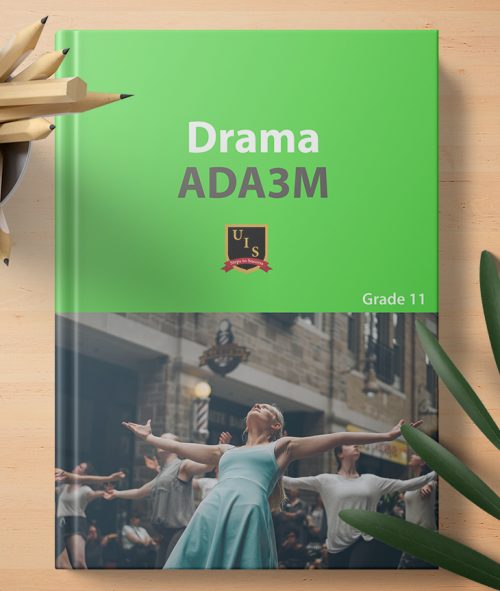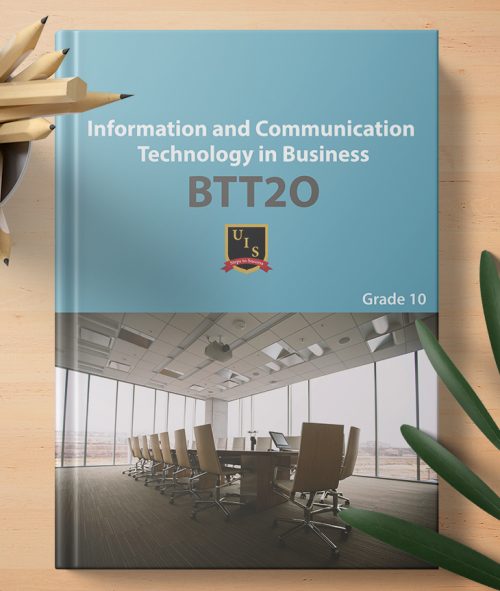This course requires students to experiment individually and collaboratively with forms and conventions of both drama and theatre from various cultures and time periods. Students will interpret dramatic literature and other texts and media sources while learning about various theories of directing and acting. Students will examine the significance of dramatic arts in various cultures, and will analyse how the knowledge and skills developed in drama are related to their personal skills, social awareness, and goals beyond secondary school.
Drama
$1,200.00 CAD
COURSE OVERVIEW
Course Code: ADA4M
Course Type: University/College
Prerequisite: Drama, Grade 11, University/College Preparation
Credit Value: 1
COURSE DETAILS
Unit 1: Stretching Yourself as an Actor Using Text
Students develop skills and understanding of the acting process. The teacher provides each student with the text for a short dialogue/monologue from both a classical and contemporary work. Each student applies acting techniques to both their classical and contemporary piece.
Unit 2: Moving Beyond Realism
Students research and explore a variety of theatrical styles, (genres, forms) other than realism. These may include: Clowning, Melodrama, Shakespearean, Mime; Restoration; Comedy; Mask, Thai Shadow Puppets; and Greek Theatre in addition to three styles selected by the teacher for in-class study.
Unit 3: Shaping a Theme into a Theatrical Style
The teacher present different themes to build a theatrical presentations to be built. The student will work on the production schedules and plans for the technical, production, and stylistic elements to be included in their performance.
Unit 4: Characters in New Settings
In this culminating unit, students focus on Canadian plays and then write and perform an original play in small groups for their final evaluation. They choose a monologue or two-person scene from a Canadian play to prepare, rehearse, and present. They are responsible for their own costume and properties as well as written production plans. In addition, students research the play and playwright and share their learning with their peers. Students help each other to review, drill, and rehearse in pairs to enhance their skills.
